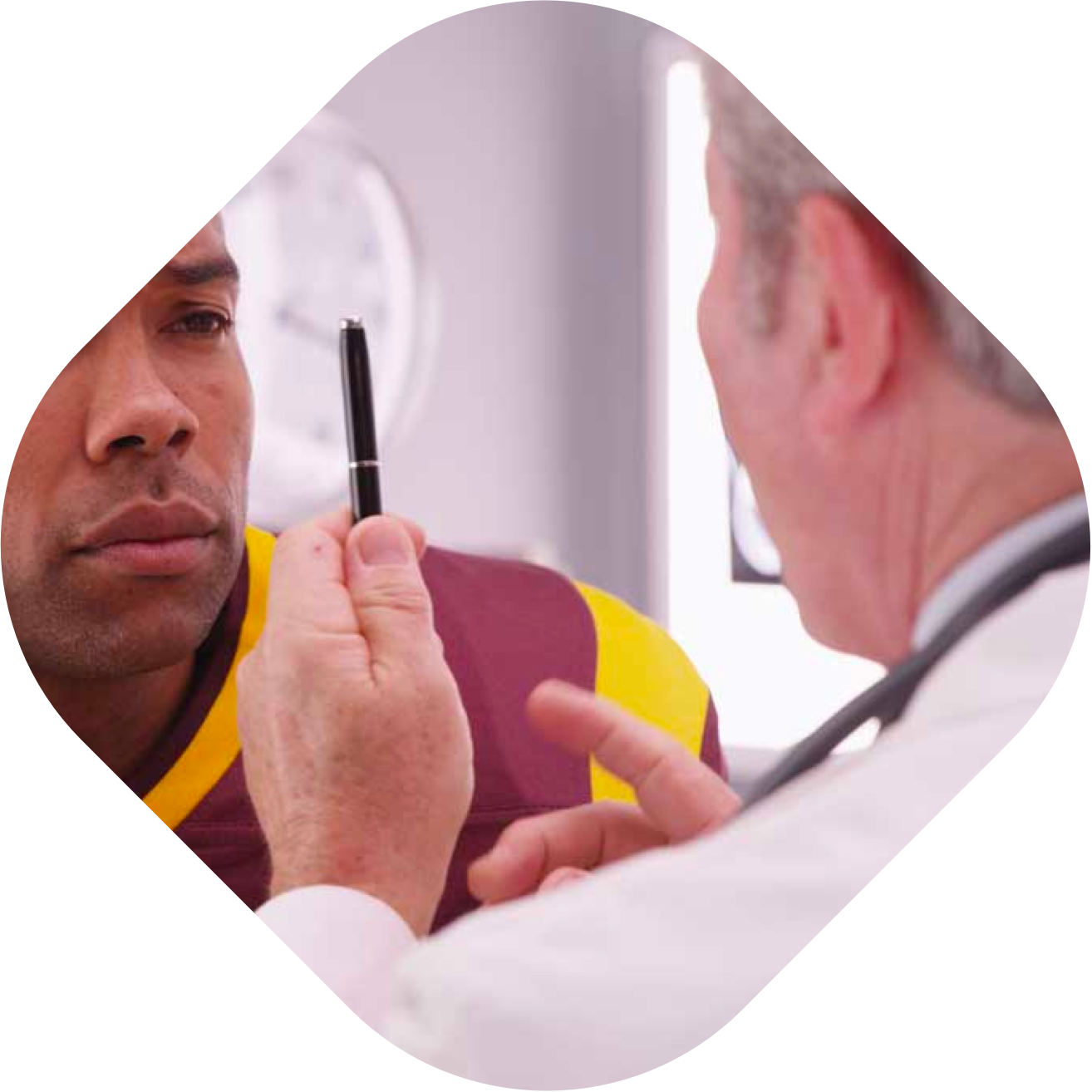Schedule a Sports Vision Assessment Today
If you aren’t satisfied with your play on the field, the issue may be the result of insufficient visual skills. Much like players train their aerobic capacity, muscle quickness, and muscle strength, they must also train their vision skills to reach higher levels of performance.
Savedoff, Ciccone & Davis, Doctors of Optometry, P.C., offers advanced sports vision training at our eye care centers in Manlius and Syracuse, NY. Our team works with athletes of all ages and provides customized training programs geared toward their sport and vision needs. To learn more about how our vision services can benefit you, contact us today to schedule an appointment.
Contact us
Schedule a Sports Vision Assessment Today
If you aren’t satisfied with your play on the field, the issue may be the result of insufficient visual skills. Much like players train their aerobic capacity, muscle quickness, and muscle strength, they must also train their vision skills to reach higher levels of performance.
Savedoff, Ciccone & Davis, Doctors of Optometry, P.C., offers advanced sports vision training at our eye care centers in Manlius and Syracuse, NY. Our team works with athletes of all ages and provides customized training programs geared toward their sport and vision needs. To learn more about how our vision services can benefit you, contact us today to schedule an appointment.

